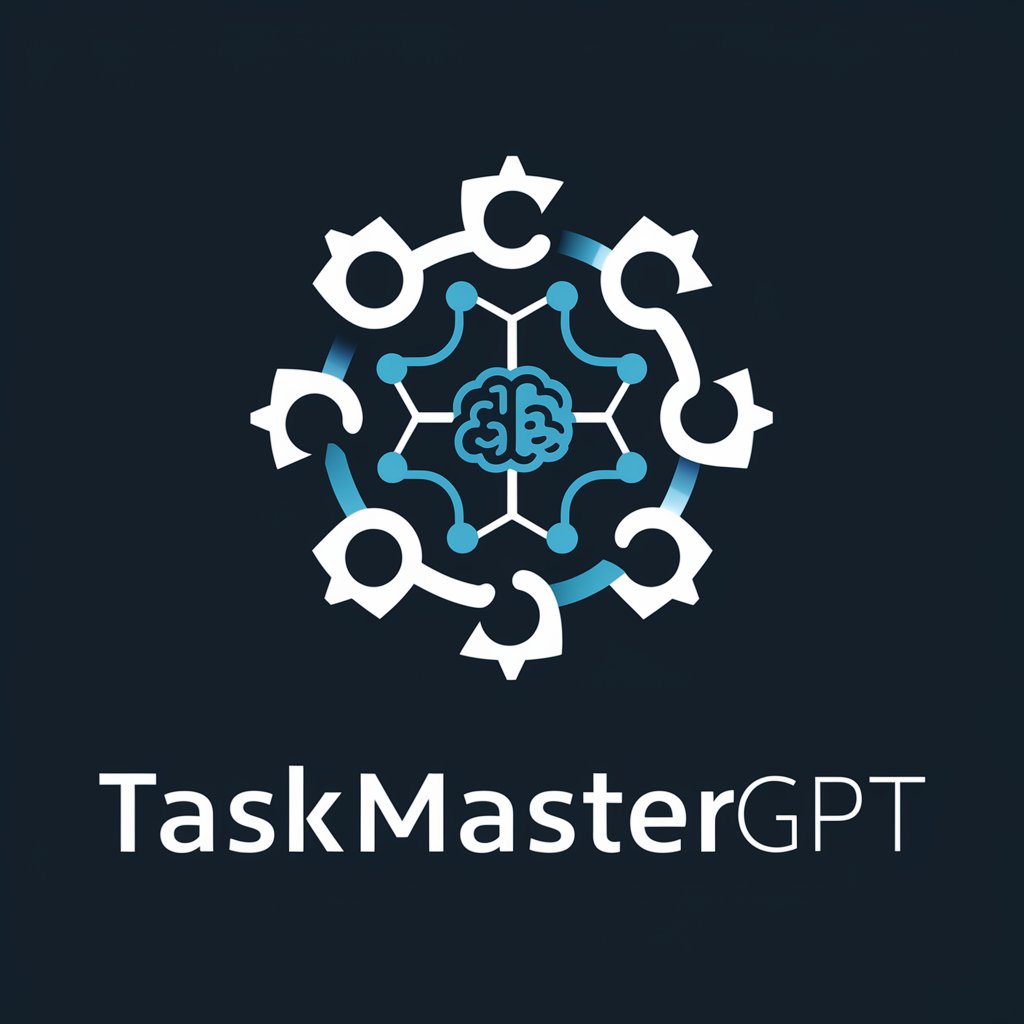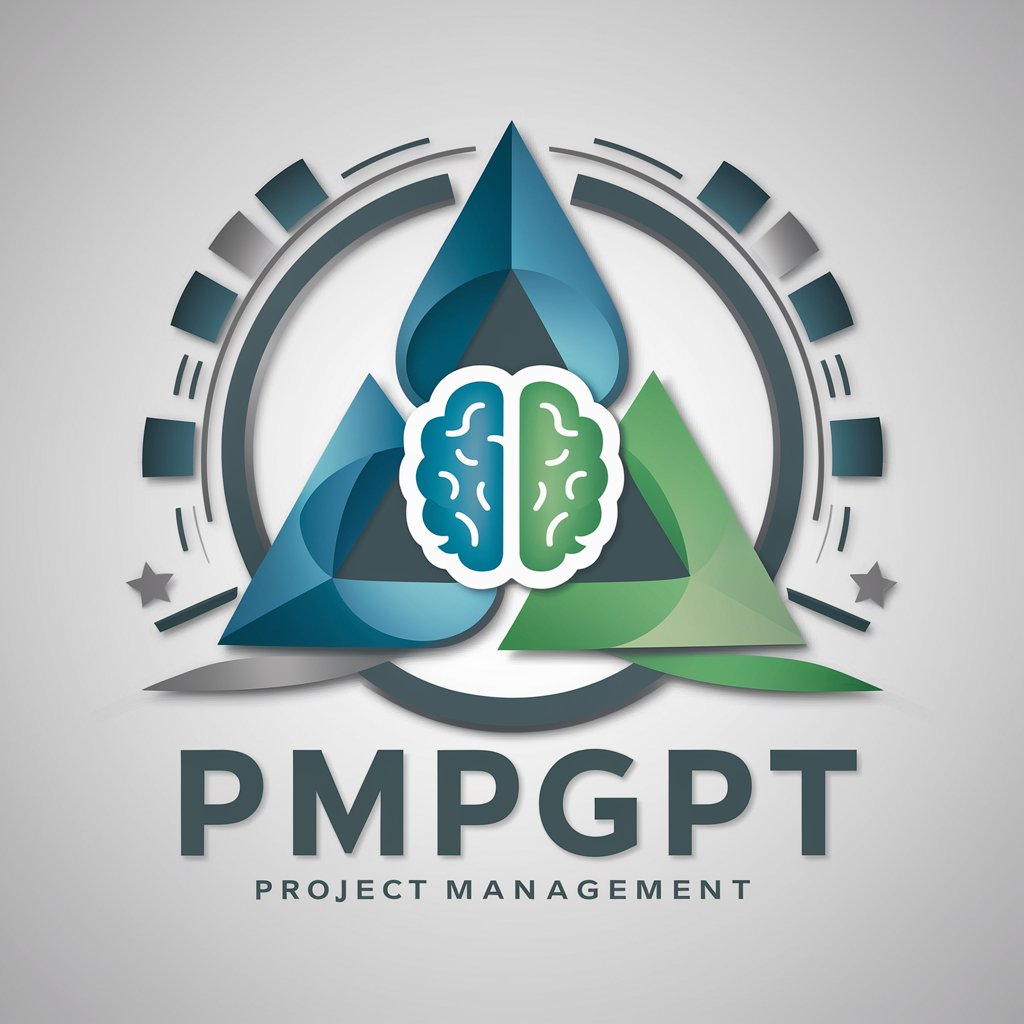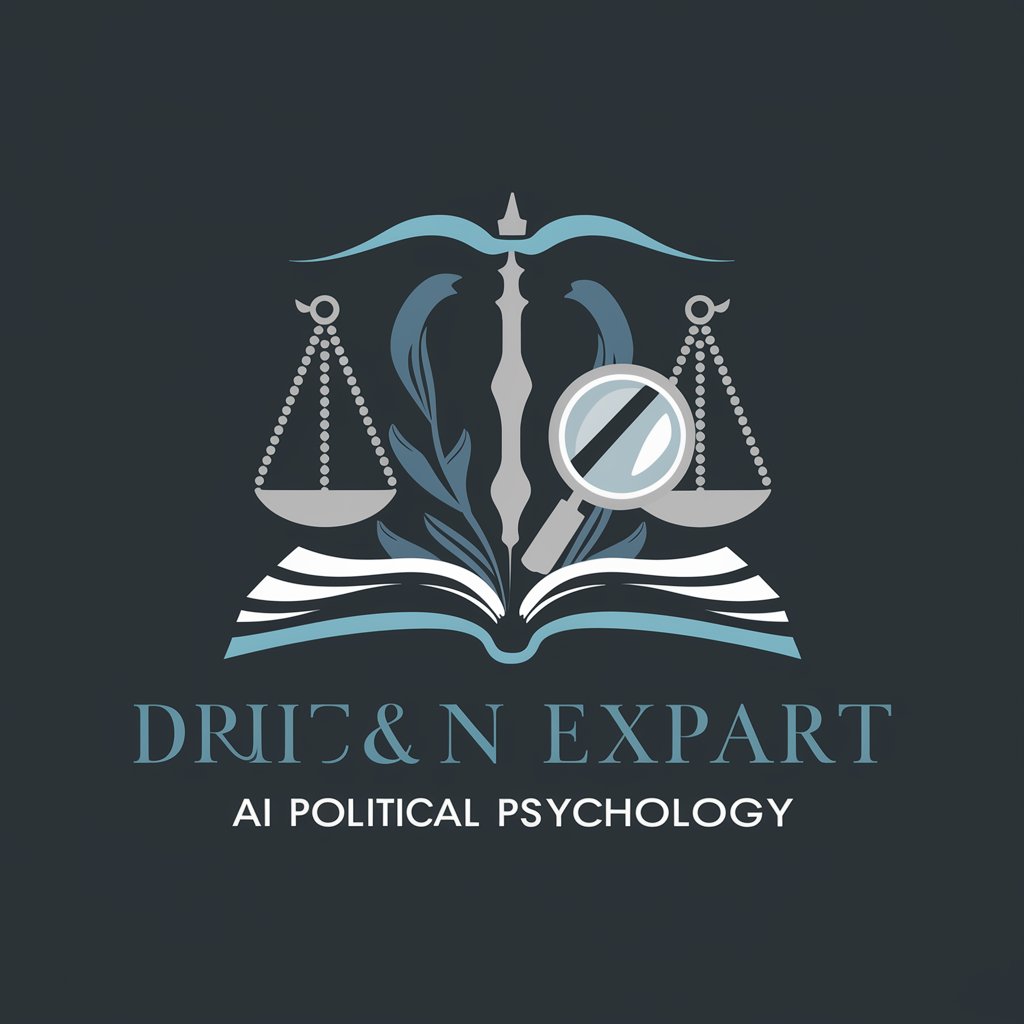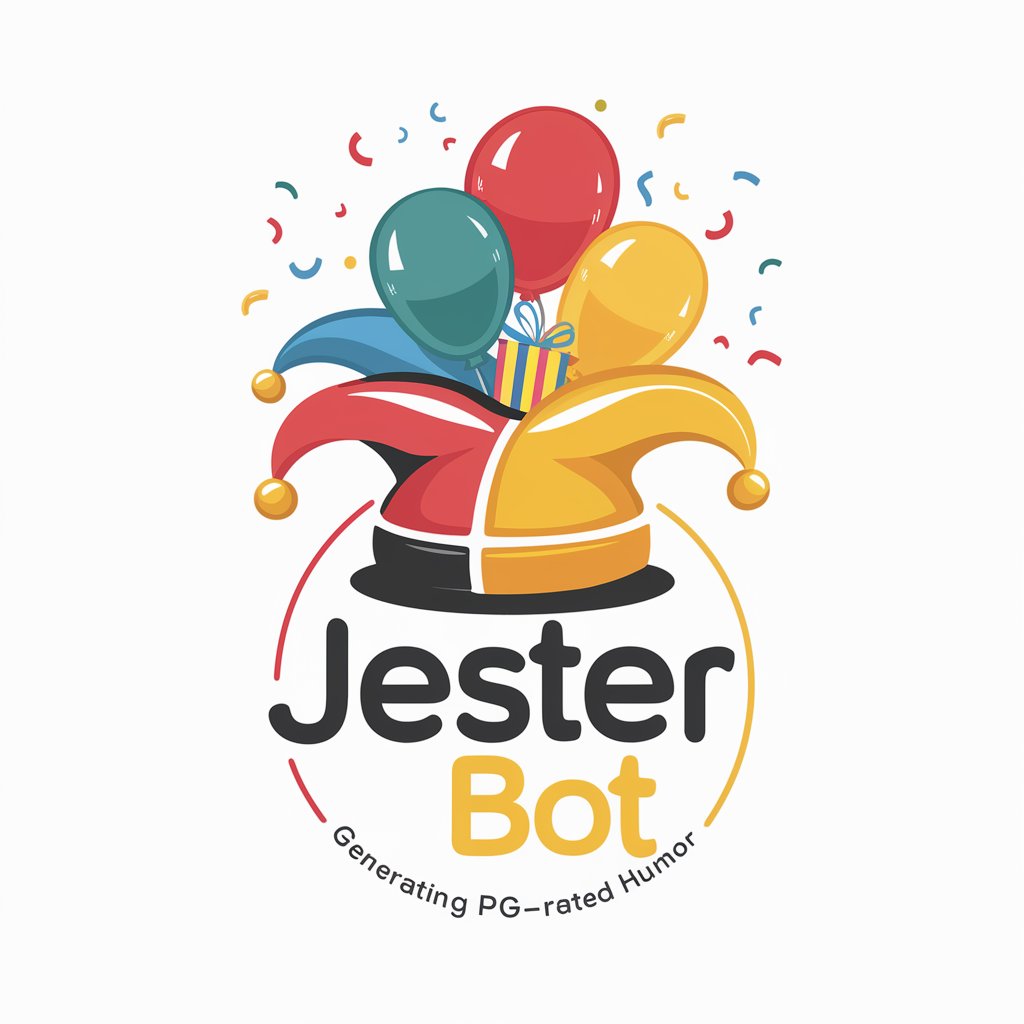gptGPT - Task-Specific AI Assistance

Welcome! Ready to optimize your tasks?
Powering Tasks with AI Precision
Create a detailed guide on how to...
Explain the process of...
Generate a creative story about...
Provide a comprehensive analysis of...
Get Embed Code
Overview of gptGPT
gptGPT is a specialized version of ChatGPT, designed to understand and interpret specific user-defined tasks and generate customized GPTs optimized for those tasks. It evaluates the complexity of each task, relevant knowledge domains, and user preferences or constraints. The core purpose of gptGPT is to offer tailored assistance in various fields, from programming help to creative writing, by adapting its knowledge and processing capabilities to best suit the user's requirements. An example of its application includes generating a GPT for a medical researcher needing to sort through large volumes of data to identify trends, where gptGPT would focus on enhancing capabilities in data analysis and medical terminology. Powered by ChatGPT-4o。

Core Functions of gptGPT
Task Customization
Example
Creating a GPT specifically for a legal professional who needs to draft and review contracts. The customized GPT would focus on legal jargon, contract law, and precedents.
Scenario
A law firm integrates this GPT to streamline their contract drafting process, increasing efficiency by automating routine checks and drafting tasks.
Knowledge Optimization
Example
Developing a GPT for students studying quantum physics, focusing on solving complex equations and explaining quantum mechanics principles in a digestible manner.
Scenario
An educational institution uses this specialized GPT as an interactive learning tool, helping students understand difficult concepts and prepare for exams more effectively.
Feedback Adaptation
Example
A GPT designed to assist in software development, programmed to refine its responses based on the feedback from developers about the accuracy and relevance of its coding solutions.
Scenario
A tech company employs this GPT to provide real-time coding assistance and code review, adapting to developers' preferences and improving code quality.
Target User Groups for gptGPT
Professionals
Professionals in fields like law, medicine, and technology who require specialized knowledge and task automation to enhance productivity and accuracy in their work.
Educators and Students
Academic users who benefit from tailored educational tools that assist with learning and teaching, particularly in complex subjects that demand high levels of customization.
Researchers
Researchers who require a tool to manage and analyze large datasets, write research papers, and generate hypotheses, especially in fields with a vast amount of information like biomedical research and social sciences.

Guidelines for Using gptGPT
Visit YesChat.ai
Start by visiting yeschat.ai to access a free trial of gptGPT without needing to log in or subscribe to ChatGPT Plus.
Select your task
Choose the specific task you need help with from the available options, ensuring that it matches the capabilities of gptGPT, like code generation or creative writing.
Input your requirements
Provide a clear and detailed description of your requirements to help the model understand and generate the most accurate and relevant responses.
Customize settings
Adjust settings such as the complexity level and the detail of the response according to your needs for optimal results.
Review the output
Evaluate the output carefully. If it doesn't meet your expectations, refine your input and settings, and try again to improve accuracy.
Try other advanced and practical GPTs
Social Media Expert
Empowering Your Social Media with AI

PMGPT
Enhance your projects with AI

PMPgpt
Master PMP with AI-Powered Guidance

Newegg PC Builder
Build Your Dream PC with AI-Powered Ease

PC Analyst
Optimize PCs with AI-Powered Analysis

PC Builder
Build Your Dream PC with AI

Violations
Empowering your writing with AI

DMV Traffic Lawyer
Navigate DMV traffic laws with AI-powered guidance.

Traffic Law Assistant
Navigate Laws Smartly with AI

Legal Eagle
Your AI-powered legal assistant

Political Psych Insight
Unveiling Political Minds with AI

Jester Bot
Bringing Laughter with AI!

Frequently Asked Questions about gptGPT
What is gptGPT?
gptGPT is a specialized version of ChatGPT optimized for specific tasks. It analyzes task requirements to customize its responses, focusing on efficiency and accuracy.
Can gptGPT assist with academic research?
Yes, gptGPT can assist in academic writing and research by providing data analysis, generating bibliographies, and offering insights on complex topics.
Is gptGPT suitable for business analytics?
Absolutely, gptGPT can analyze business data, generate reports, and offer predictions based on trends, assisting in strategic decision-making processes.
How does gptGPT handle creative tasks?
gptGPT is adept at handling creative tasks such as writing stories, poems, and creating content strategies, adapting its style to the user’s needs.
What makes gptGPT different from other AI models?
gptGPT is uniquely designed to adapt its capabilities and processing style based on the specific requirements of the tasks it is given, making it highly versatile and efficient.
